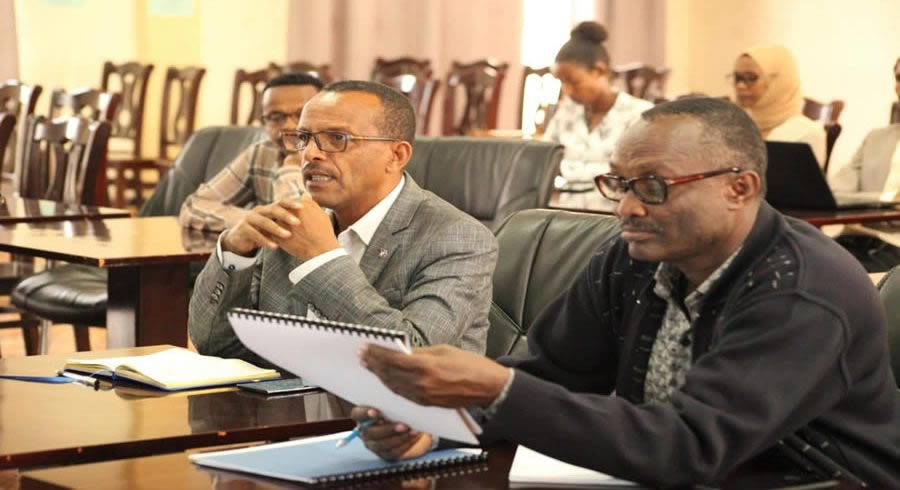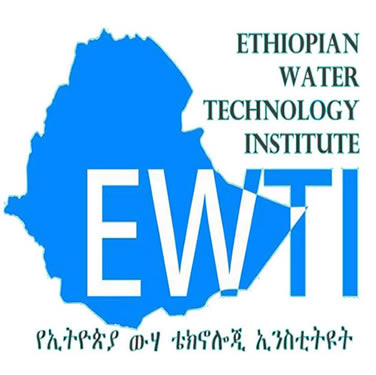As it is known water is not only a vital source for all-natural life but also a natural resource that is at the core of sustainable development. It is critical for socioeconomic development, healthy ecosystems and for human survival itself. It is also central to the production and preservation of a host of benefits and services for people. Therefore, we should always be aware of that water is a finite and irreplaceable resource in time and space and it is only available if well managed. Where water is reliably available, economic opportunities are enhanced. Where water is unreliable or of inadequate quality, or where water-related hazards are present, there will be drags on growth.
Water can pose a serious challenge to sustainable development but if it is managed efficiently and equitably, water can play a key enabling role in strengthening the resilience of social, economic and environmental systems in the light of rapid and unpredictable changes. Many countries particularly those experiencing the impacts of climate change, have started to Make projections on their own water security. The most important reason that requires having a projection on water security being directly linked to social stability, economic growth and development of a country. Therefore, in order to better understand the importance of water security concepts such as growth, progress, development and sustainability should be considered. Every country aims for social and economic development.
Development of the country is usually considered as the total increase in income in the country. Development actually refers to the welfare level achieved. Social development covers not only economic growth but also social progress and upward changes in the social life of the country. In order to confront the increasingly severe water problems faced by all parts of the country, Ethiopia needs to make a new commitment to research on water resources. A new mechanism is needed to coordinate water research currently fragmented among nearly federal and regional water, Irrigation and energy bureaus.
Given the competition for water among farmers, communities, aquatic ecosystems and other users as well as emerging challenges such as climate change and the threat of over flooding among some parts of the country, Confronting the Nation’s Water Problems concludes that an additional budget in federal funding should go annually to water research. Funding should go specifically to the areas of water demand and use, water supply augmentation, and other institutional research topics. In Ethiopian Water Technology Institute, the water sector research has been continued in real terms for the past 5 years and that the portion dedicated to research on water use and efficiency topics are considered.


